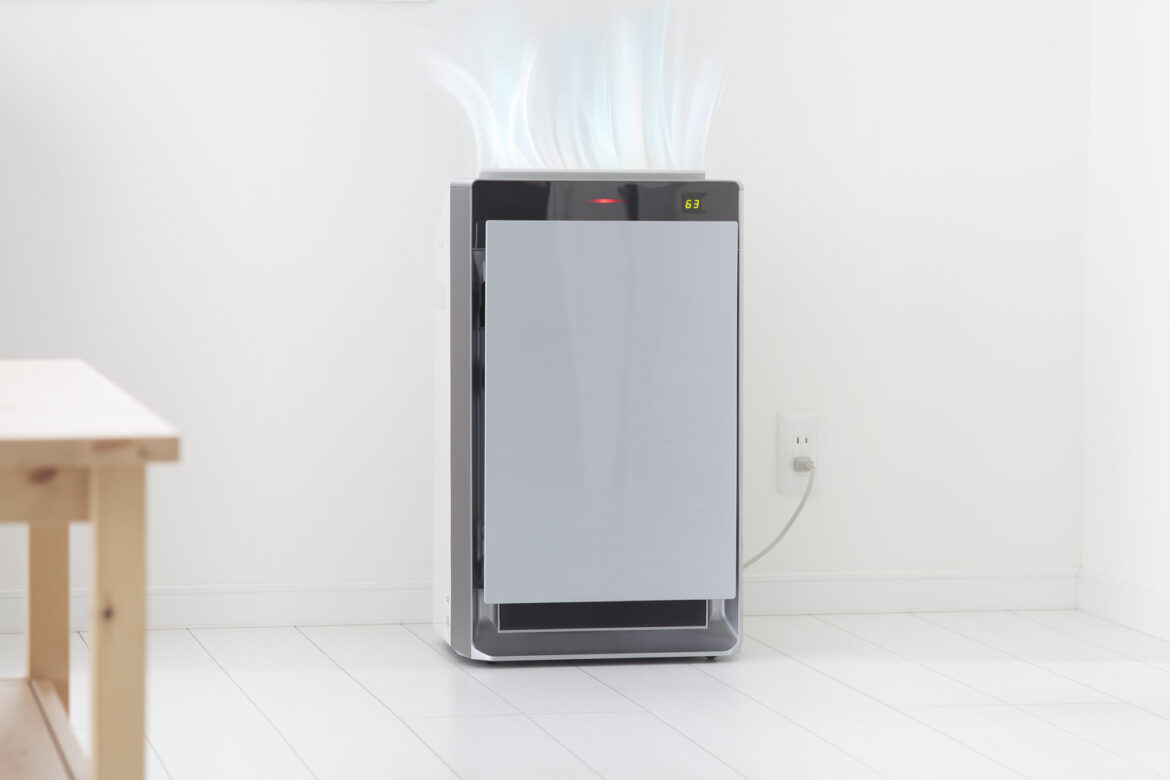The demand for home air purifiers is on the rise. This is because of the growing concerns over air quality. Although homes are designed to provide shelter, you may be exposed to indoor pollutants that activate or worsen lung-related diseases.
Read on to know how air purifiers work and if they’re worth adding to your home.
How Air Purifiers Work
Unlike essential oil, diffusers, and humidifiers, which add particles to indoor air, air purifiers sanitize them. The system helps reduce allergens, pollutants, and toxins in the air.
They are different from air filters too. Air filters only remove particles, while air purifiers do both; remove particles and sanitize as well.
There are different versions of air purifiers available. Some trap particles as air flows through them, while others may defuse particles in the air without filtering.
Another air purifier option is the one that emits negative ions and attracts positive ion particles. However, the disadvantage of this option is the possibility of ozone emissions, which can be fatal for those suffering from lung-related diseases.
Are They Effective?
While the system is effective in purifying the air, it won’t remove or defuse all particles in your home. This is because many particles can sit on surfaces like walls, bedding, carpets, and furniture.
An air purifier used with a (HEPA) filter can help get rid of the following particles:
- Allergens
- Mold
- Smoke
- Indoor toxins
Air Purifier Benefits
Just like medicines for allergies and asthma help ease symptoms and prevent reactions, air purifiers help eliminate the triggers of your symptoms. With continued use, you may experience lesser asthma symptoms and allergic reactions.
However, do not consider this as a replacement for your medications. Consult with your doctor before reducing or discontinuing any medications.
What They Won’t Work For
Air purifiers are more effective when used with a filter (preferably HEPA).
The size of the air purifier also matters. If you’re trying to get clean air for your entire home, you will need a large system or multiple smaller purifiers for each room.
Air purifiers only remove particles in the air, not the particles that rest on surfaces in your home.
You can prevent aggravating particles from entering your indoor air space by doing the following:
- Clean carpets, rugs, and fabric furniture regularly.
- Wash bedding using hot water once a week.
- Ensure the humidity level in your home is low enough to prevent dust mites and mold.
- If suffering from severe allergies, replace carpeting with vinyl or hardwood flooring.
- Bathe pets often and avoid sleeping next to them if you are allergic to pet dander.
- Switch to non-toxic cleaning products, if possible.
- Avoid smoking inside the house.
- Replace HVAC air filters every 30 to 90 days.
Before you invest in an air purifier, consider conducting a home air quality test to know if you need one.

